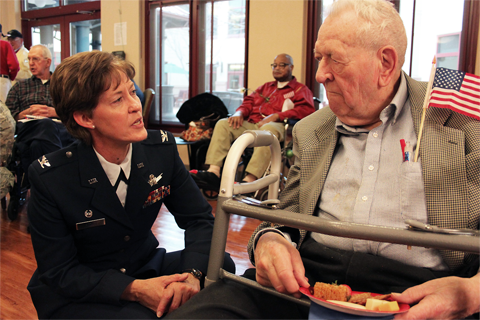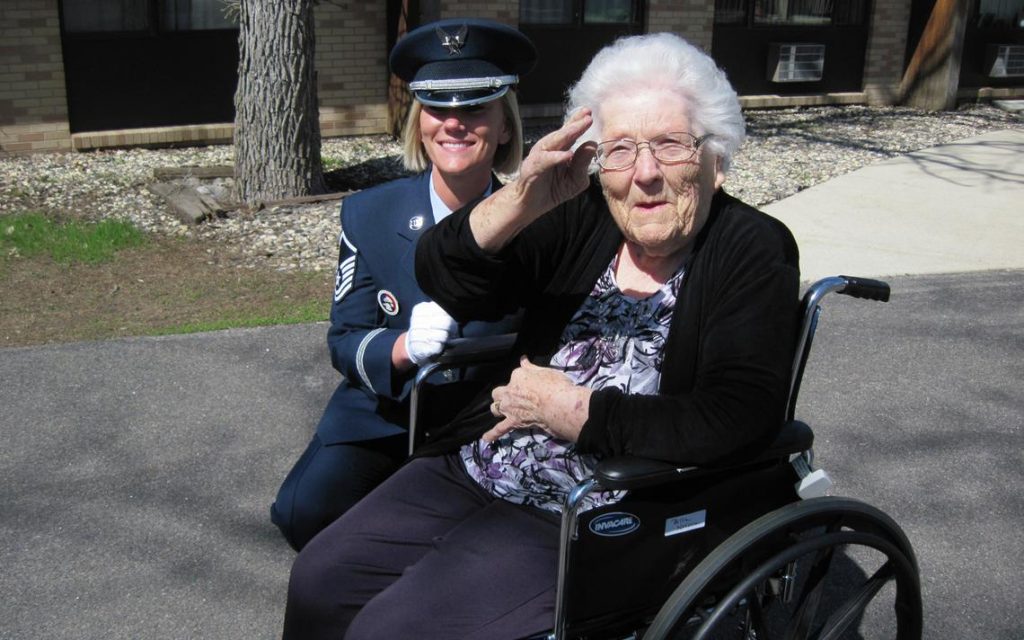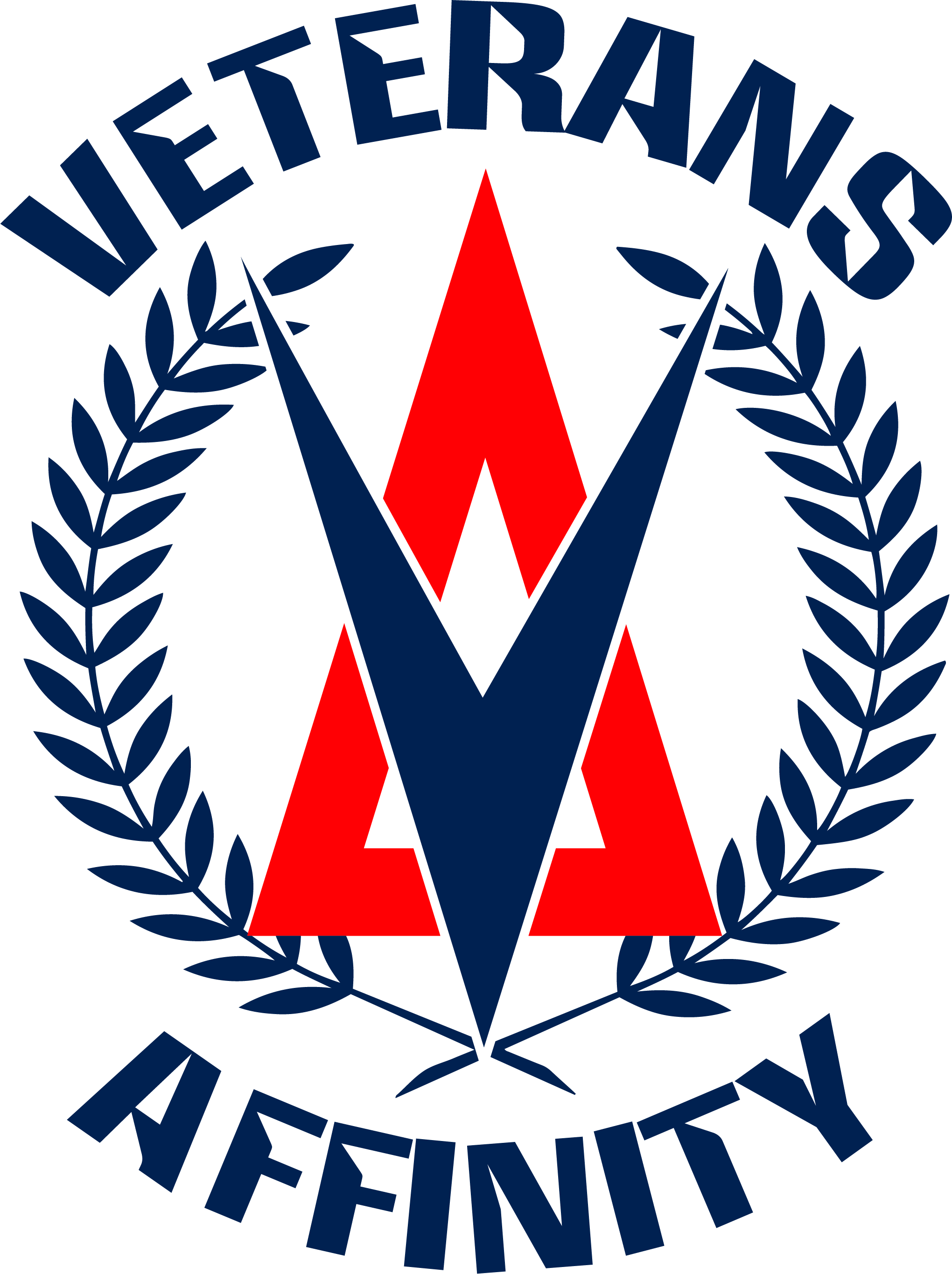Healthcare
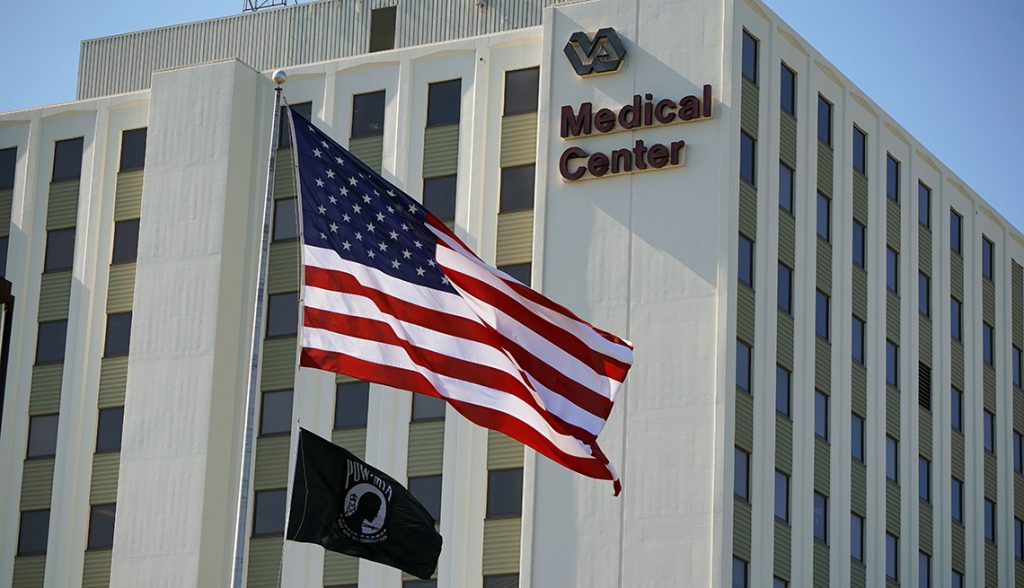
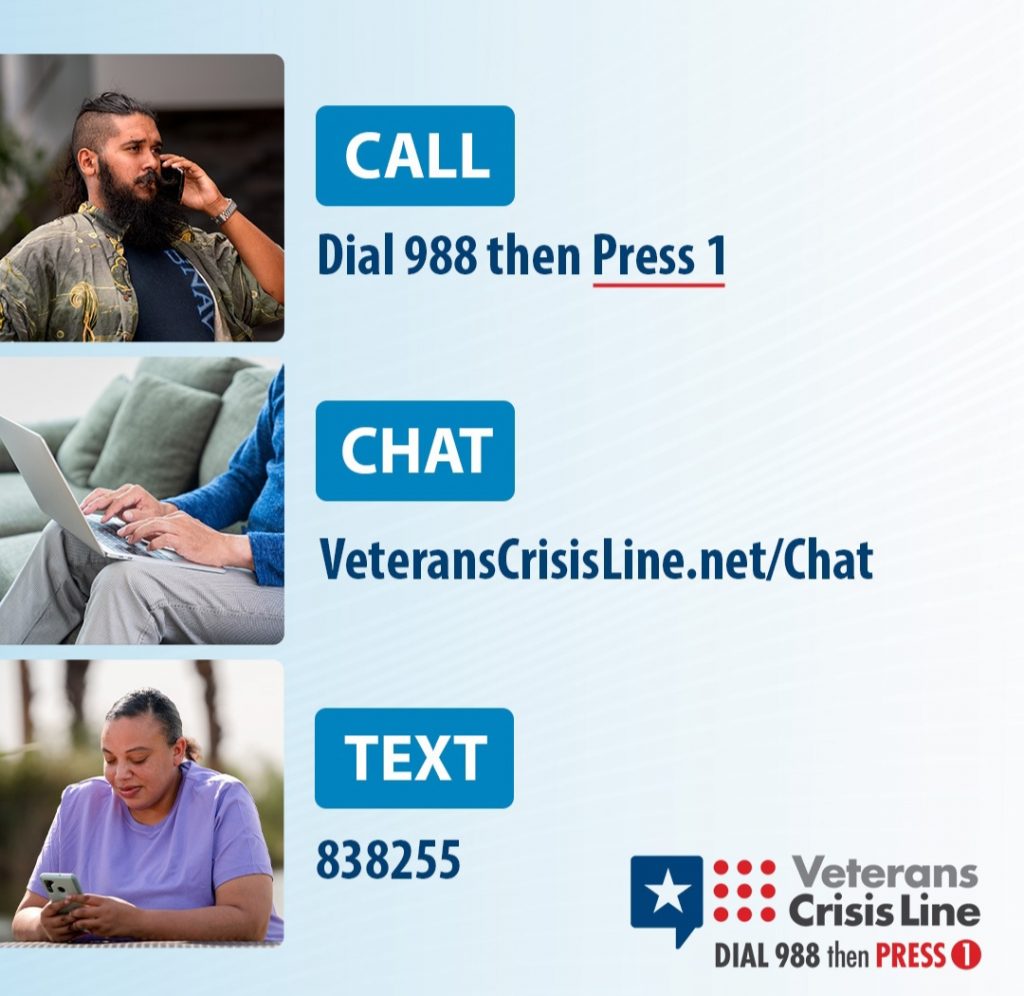
Mental Health Care
VA has a variety of mental health resources, information, treatment options, and more — all accessible to Veterans, Veterans’ supporters, and the general public. Explore the pages below to learn more about a specific mental health topic or to find information specifically tailored to your needs.
You can access VA mental health services for posttraumatic stress disorder (PTSD), psychological effects of military sexual trauma (MST), depression, grief, anxiety, and other needs. You can use some services even if you’re not enrolled in VA health care.
VA provides support for a variety of mental health conditions and other challenges. Each of these pages includes resources, information on treatment options, and more.
The Veterans Crisis Line has a new, easier-to-remember number – Dial 988 then Press 1 or Text 838255. 24/7, confidential crisis support for Veterans and their loved ones. You don’t have to be enrolled in VA benefits or health care to connect. Learn more: VeteransCrisisLine.net
Mental Health Care: https://www.va.gov/healthbenefits/access/mental_health_care.asp
PTSD Foundation: https://ptsdusa.org/
VA Healthcare
With VA health care, you’re covered for regular checkups with your primary care provider and appointments with specialists (like cardiologists, gynecologists, and mental health providers). You can access Veterans health care services like home health and geriatric (elder) care, and you can get medical equipment, prosthetics, and prescriptions. Find out how to apply for and manage the health care benefits you’ve earned.
For More Information: https://www.va.gov/health-care/
Eligibility for Health Care
Veterans may be eligible for VA health care benefits if served in the active military, naval, or air service and did not receive a dishonorable discharge.
At least one of these must be true:
- Veteran receives compensation for a VA service connected disability
- Medically discharged from an injury or illness that occurred while on active duty
- Combat Veteran (received campaign medal)
- Former Prisoner of War (POW)
- Received Medal of Honor or Purple Heart
- Receive or qualify for Medicaid benefits
- Served honorably for 180 days of active duty and meet income requirements
For more Information on Eligibility: https://www.va.gov/health-care/eligibility/
Income Limits: https://www.va.gov/health-care/income-limits/introduction
VA Health Benefits
All Veterans receive coverage for most care and services, but only some will qualify for added benefits like dental care. The full list of your covered benefits depends on:
- Your priority group, and
- The advice of your VA primary care provider (your main doctor, nurse practitioner, or physician’s assistant), and
- The medical standards for treating any health conditions you may have
Health Benefits Information: https://www.va.gov/health-care/about-va-health-benefits/
Where You’ll Go for Care?
When you sign up for VA health care, you become part of the country’s largest integrated health care system—with more than 1,200 care locations serving nearly 9 million Veterans each year. Learn more about where you’ll get care.
For More Information: https://www.va.gov/health-care/about-va-health-benefits/where-you-go-for-care/
VA Health Benefits Help Line: (877) 222-8387
Your Health Care Costs
The VA is committed to providing free health care for conditions related to military service and for Veterans with catastrophic disabilities and disability ratings of at least 50%, as well as for those who can’t afford to pay for care. Learn more about how the VA determines if you’ll need to pay for any part of your care.
Cost of Care Information: https://www.va.gov/health-care/about-va-health-benefits/cost-of-care/
VA Health Care Copay Rates: https://www.va.gov/health-care/copay-rates/
Veterans with Catastrophic Disabilities
Some Veterans don’t have to pay copays (they’re “exempt”) due to their disability rating, income level, or special eligibility factors. Learn how the VA determines whether you’ll pay copays.
Catastrophic Disabled Veterans Fact Sheet: https://www.va.gov/healthbenefits/resources/publications/IB10-435_catastrophically-disabled-veterans.pdf
MISSION Act
The MISSION Act gives Veterans greater access to health care in VA facilities and the community, expands benefits for caregivers, and improves VA’s ability to recruit and retain the best medical providers.
Mission Act Information: https://missionact.va.gov/
Community Care
Veterans may be eligible for care through a provider in their local community depending on their health care needs or circumstances, and if they meet specific eligibility criteria. Even if a Veteran is eligible for community care, they generally still have the option to receive care from a VA medical facility.
In most cases, Veterans must receive approval from VA before receiving care from a community provider to avoid being billed for the care. VA staff members generally make all eligibility determinations for community care.
Community Care: https://www.va.gov/COMMUNITYCARE/
Community Care Programs: https://www.va.gov/COMMUNITYCARE/programs/veterans/General_Care.asp
Veteran Community Care General Information FAQ: https://www.va.gov/COMMUNITYCARE/docs/pubfiles/factsheets/VHA-FS_MISSION-Act.pdf
Community Care Network (CCN)
The Community Care Network (CCN) is the Department of Veterans Affairs’ (VA) direct link with community providers to ensure eligible Veterans are provided with timely and high-quality care. CCN is a contract vehicle and network of high-performing, credentialed community providers that partners with VA to provide health care to Veterans in their local community.
Community Care Network: www.va.gov/COMMUNITYCARE/programs/veterans/CCN-Veterans.asp.
NOTE: VA awarded a contract to Optum Public Sector Solutions, Inc. (Optum), part of UnitedHealth Group, Inc., to serve as a Third Party Administrator (TPA) for CCN Regions 1, 2, and 3. In addition, VA has awarded a contract to TriWest Health Care Alliance (TriWest) to manage CCN Regions 4 and 5.
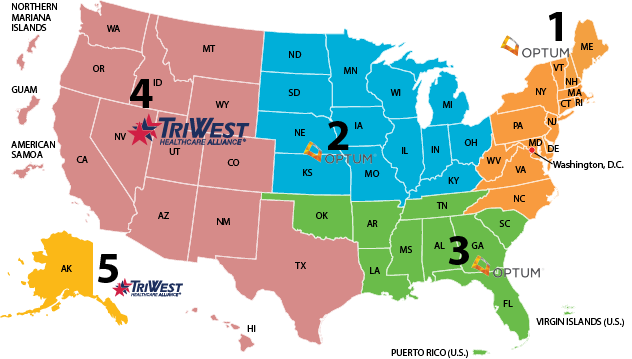
Emergency Medical Care
- Online: Emergency Care Reporting
- Phone: 844-72HRVHA (844-724-7842)
- In-person: Appropriate VA official at the nearest VA medical facility
Urgent Care
VA offers urgent care services to eligible Veterans at VA medical facilities or at in‑network urgent care clinics closer to home.
Use VA’s urgent care benefit to treat minor injuries and illnesses that are not life-threatening, such as colds, strep throat, sprained muscles, and skin and ear infections.
To make sure you have a smooth experience, please review the information on this page to understand the requirements and limitations associated with this benefit.
To access an in-network urgent care provider, you must:
- Be eligible.
- Go to an in-network urgent care provider.
- Pay a VA copayment (if applicable) after the visit, which is billed separately by VA.
Urgent Care: https://www.va.gov/communitycare/programs/veterans/Urgent_Care.asp
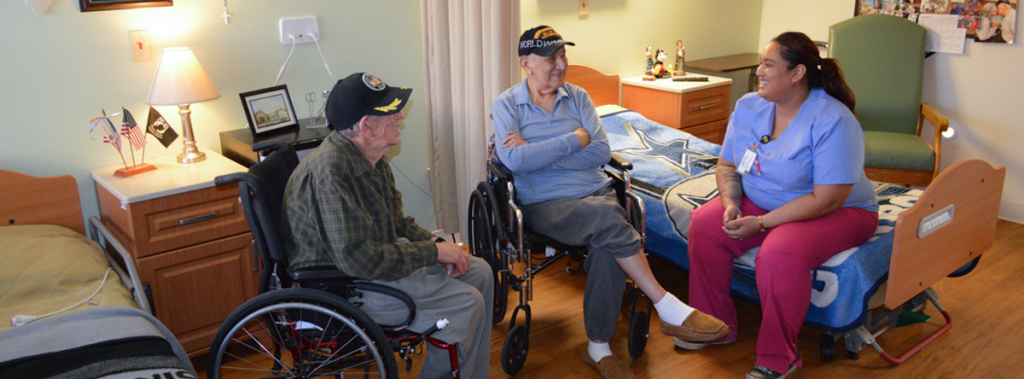
Home and Community Based Services
Veterans and eligible family members may be entitled to additional or extended care in their homes. For more information: https://www.va.gov/GERIATRICS/pages/Home_and_Community_Based_Services.asp
- Caregiver Support. Caregiver Support plays an important role for family members supporting the health and wellness of Veterans, For more information: https://www.caregiver.va.gov/
- Long-Term Extended Services: There are many options available for Veterans when long term care services and supports are needed – for a short stay or for the rest of their lives. For more information: https://www.va.gov/GERIATRICS/index.asp
- Homemaker and Home Health Aid Care. A Homemaker or Home Health Aide is a trained person who can come to a Veteran’s home and help the Veteran take care of themselves and their daily activities. Homemakers and Home Health Aides are not nurses, but they are supervised by a registered nurse who will help assess the Veteran’s daily living needs. For more information: https://www.va.gov/geriatrics/pages/Homemaker_and_Home_Health_Aide_Care.asp
Home Health Services and Hospice Care
VA provides supportive medical services to help chronically ill or disabled eligible Veterans of any age remain in their home. These services are referred to as home health care and are considered extended care services prescribed by and under the direction of a VA physician. For more information: https://www.va.gov/COMMUNITYCARE/programs/veterans/Home-Hospice-care.asp
- Skilled Home Health Care. Skilled Home Health Care is for Veterans needing short-term care as they are moving from a hospital or nursing home back to their home. It can also be used to provide continuing care to people with ongoing needs. This program is for Veterans who need skilled services such as: skilled nursing, case management, physical therapy, occupational therapy, wound care, or IV antibiotics. For more information: https://www.va.gov/GERIATRICS/pages/Skilled_Home_Health_Care.asp
- Palliative Care. Palliative Care uses comfort care with a focus on relieving suffering and controlling symptoms so that you can carry out day-to-day activities and continue to do what is most important to you. Palliative care aims to improve your quality of life – in your mind, body and spirit. Palliative Care can be combined with treatment that is aimed at curing or controlling your illness. It can be started at the time of your diagnosis and may be provided throughout the course of the illness. For more information: https://www.va.gov/GERIATRICS/pages/Palliative_Care.asp
- Hospice Care. Hospice Care is comfort care provided to you and your family if you have terminal condition, with less than 6 months to live, and are no longer seeking treatment other than palliative care. Hospice Care can be provided at home, in an outpatient clinic or in an inpatient setting. For more information: https://www.va.gov/GERIATRICS/pages/Hospice_Care.asp

Comprehensive Assistance for Family Caregivers (PCAFC)
The intent of the VA’s Program of Comprehensive Assistance for Family Caregivers (PCAFC) is to support family members who support the health and wellness of their Veteran family member.
You can also bring your completed VA Form 10-10CG to your local VA medical center’s Caregiver Support Coordinator. To find the name of your local coordinator, you can:
- Go to the VA Caregiver Support Coordinator directory, or
- Contact the Caregiver Support Line at (855) 260-3274, Monday through Friday, 8:00 a.m. to 10:00 p.m. ET, and Saturday, 8:00 a.m. to 5:00 p.m. ET
VA Dental Care
VA Dental Care is categorized into classes. If you are in one of the following classes, you are eligible for any necessary dental care to maintain or restore oral health and masticatory function, including repeat care:
- Service-connected Dental Disability (Class I)
- Former prisoner of War (Class IIC)
- Receive Service-connected Disability Compensation (Class IV)
Other classes may partially qualify with time or service limitations, such as families active in vocational rehabilitation training.
VA Dental Care Information: https://www.va.gov/health-care/about-va-health-benefits/dental-care/
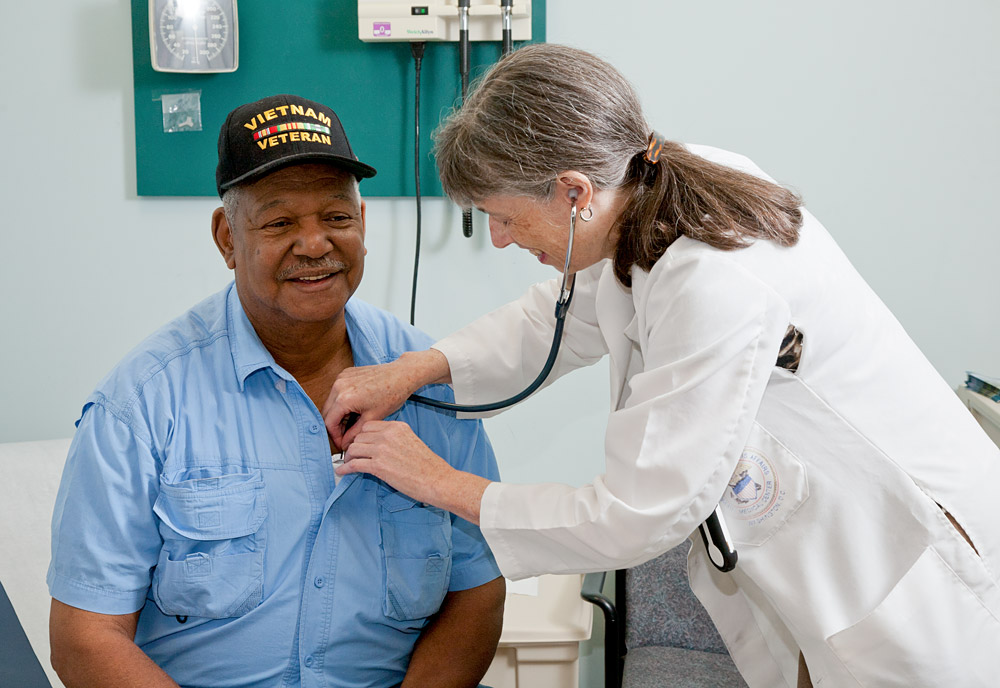
Healthcare Care Options
Healthcare Coverage Options for Veterans: https://www.healthcare.gov/veterans/
TriCare (Active Duty and Retirees): https://www.tricare.mil/Plans/Eligibility/RSMandFamilies
Tricare for Life (Retirees Over the Age of 65): https://www.tricare.mil/tfl
CHAMPVA (Qualified Spouse): https://www.va.gov/health-care/family-caregiver-benefits/champva/
Medicare (Over 65): https://www.ssa.gov/benefits/medicare/
Veterans Transportation Service (VTS)
VA recognizes Veterans who are visually impaired, elderly, or immobilized due to disease or disability, and particularly those living in remote and rural areas face challenges traveling to their VA health care appointments.
The Veterans Transportation Service (VTS) is designed to ensure that all qualifying Veterans have access to care through convenient, safe, and reliable transportation. VTS provides qualifying Veterans with free transportation services to and/or from participating VA medical centers (VAMCs) in a multi-passenger van.
Veterans who are eligible for VA health care benefits and have a VA-authorized appointment are eligible for transportation through the VTS program based on the availability and guidelines in place at their local facility.
Participating VA medical centers (VAMCs) offer VTS to assist Veterans in accessing transportation to VA medical facilities or authorized non-VA appointments to receive the care they have earned. Find a VTS office near you.
More Information: https://www.va.gov/healthbenefits/vtp/veterans_transportation_service.asp
Medicare Benefits
Medicare is our country’s health insurance program for people age 65 or older. Certain people younger than age 65 can qualify for Medicare, too, including those with disabilities and those who have permanent kidney failure. (See the ABCDs of Medicare Benefits below)
Most people age 65 or older are eligible for free Medical hospital insurance (Part A) if they have worked and paid Medicare taxes long enough.
Medicare: https://www.ssa.gov/benefits/medicare/
Social Security (online services): https://www.ssa.gov/onlineservices/
If you need to replace your Medicare card because it’s damaged or lost, log into (or create) your secure Medicare account at https://account.mymedicare.gov/ to print an official copy of your Medicare card. Or you can call Medicare at 1-800-MEDICARE (800-633-4227).
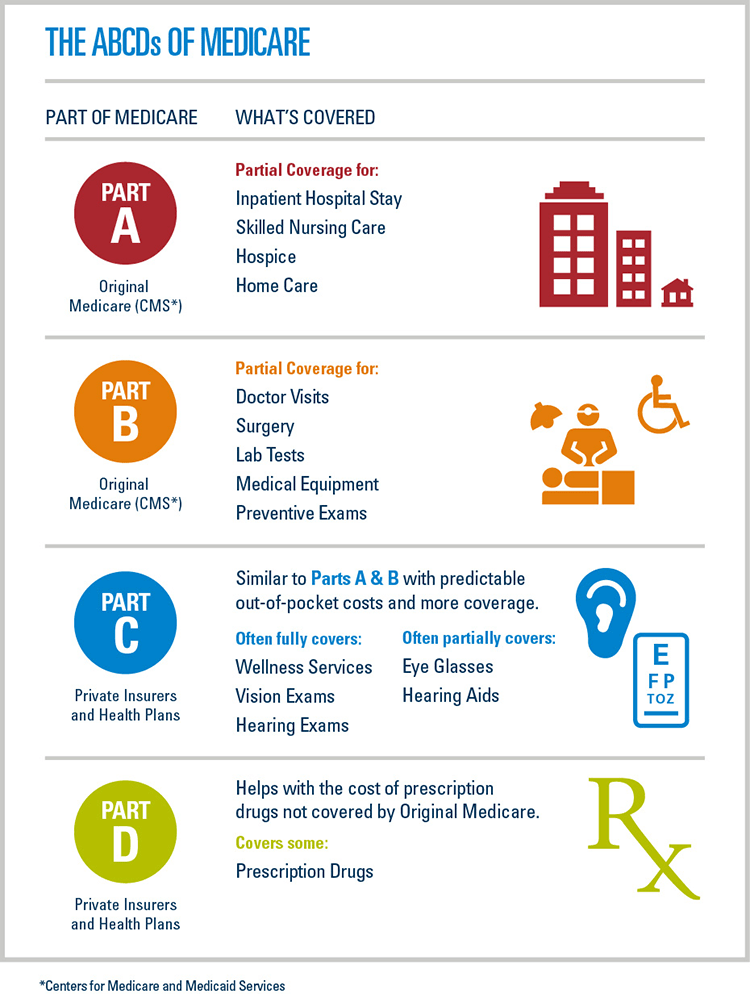
Find & Compare Medicare Providers Near You.
For people with Medicare or their caregivers who want to choose a Medicare provider (like physicians, hospitals, nursing homes, and others), this tool provides a single source search and compare experience, that lets you:
- Find information about providers and facilities based on your individual needs
- Get helpful resources to choose your health care providers
- Make more informed decisions about where you get your health care
Medicare Providers Search: https://www.medicare.gov/care-compare/
Medicaid Benefits
In all states, Medicaid provides health coverage for some low-income people, families and children, pregnant women, the elderly, and people with disabilities. In some states the program covers all low-income adults below a certain income level.
If you’re (or know) a Veteran who isn’t enrolled in VA healthcare or other Veterans’ health coverage, you can get coverage through the Health Insurance Marketplace. Recommend Veteran enroll in the VA for more care options.
Medicaid for Veterans: https://www.healthcare.gov/veterans/
More Information: https://www.hhs.gov/answers/medicare-and-medicaid/who-is-eligible-for-medicaid/index.html
Eligibility: https://www.medicaid.gov/medicaid/eligibility/index.htm
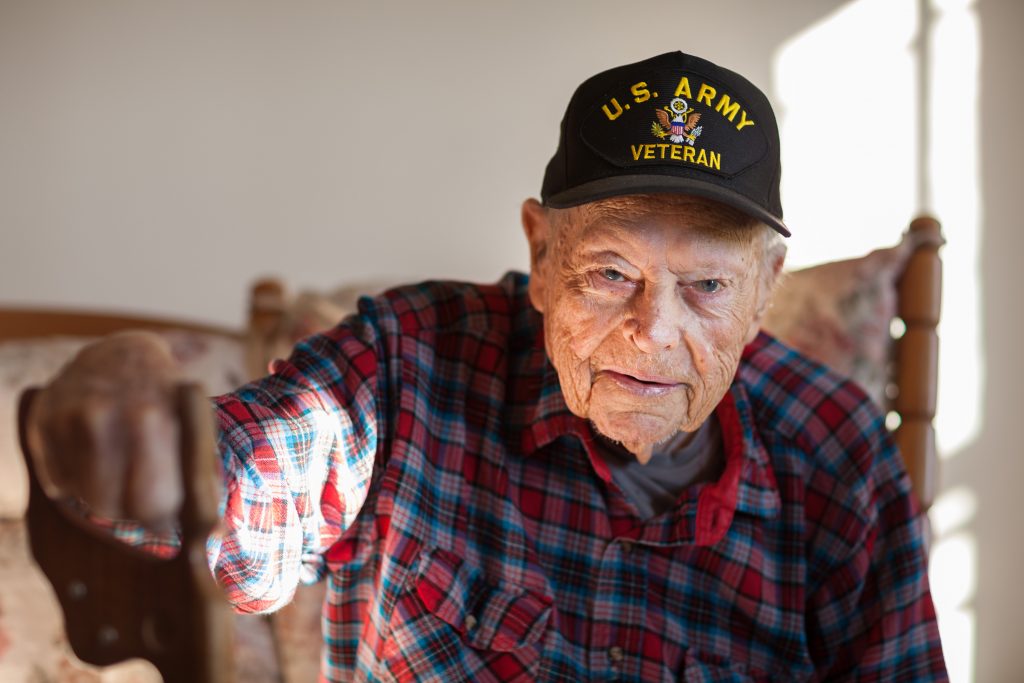
Meals on Wheels
Hunger and social isolation can affect anyone with limited mobility and declining health. Meals on Wheels improves health outcomes for vulnerable seniors and the healthcare organizations that serve them.
Meals on Wheels are hot and nutritious lunches that are delivered Monday through Friday to the homebound elderly who meet these requirements: 60 years of age or older (or the spouse of a person 60 years of age or older) at risk of malnutrition and unable to come in to a Meals on Wheels People center for a meal.
For more information: https://www.mealsonwheelsamerica.org/
